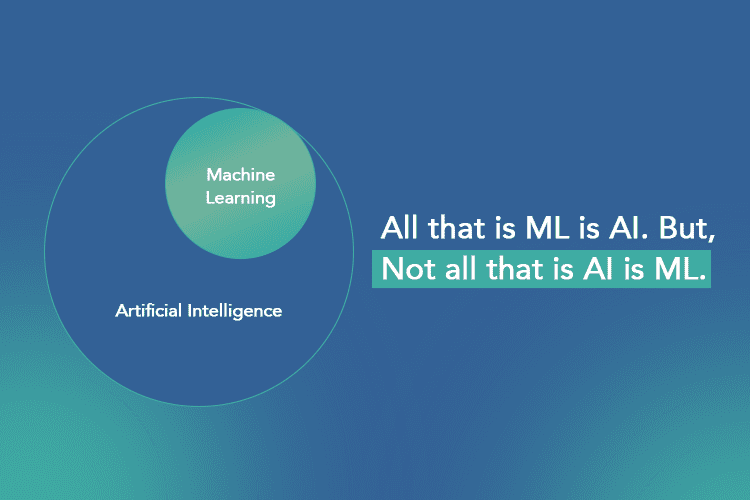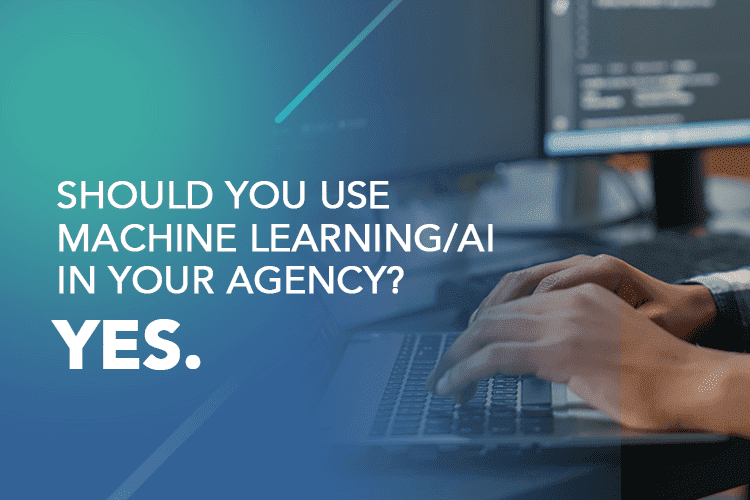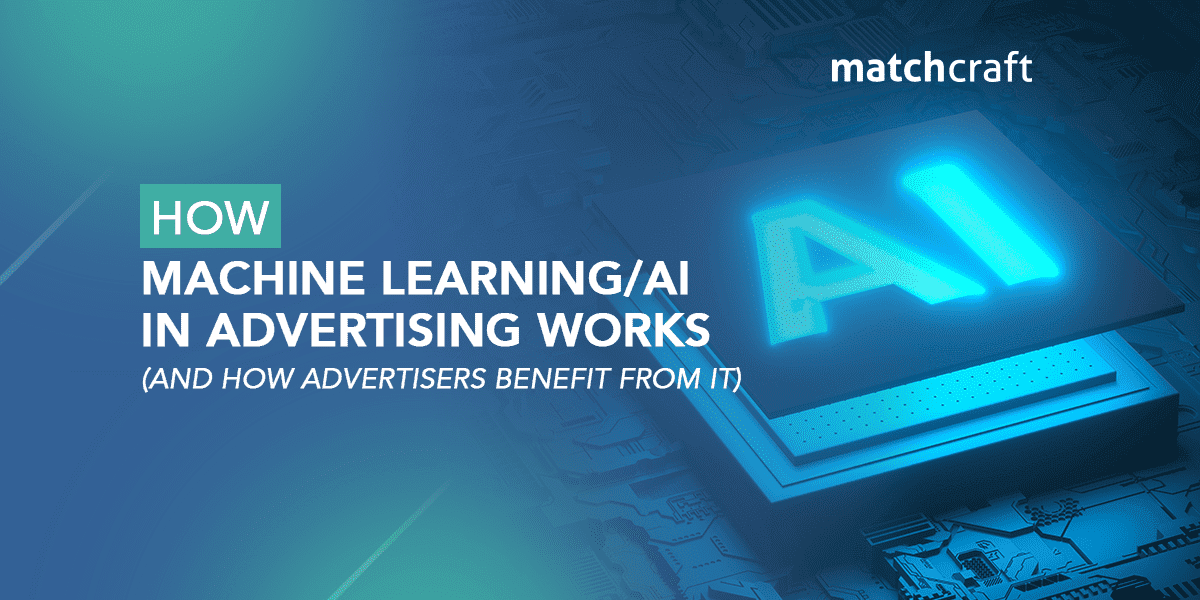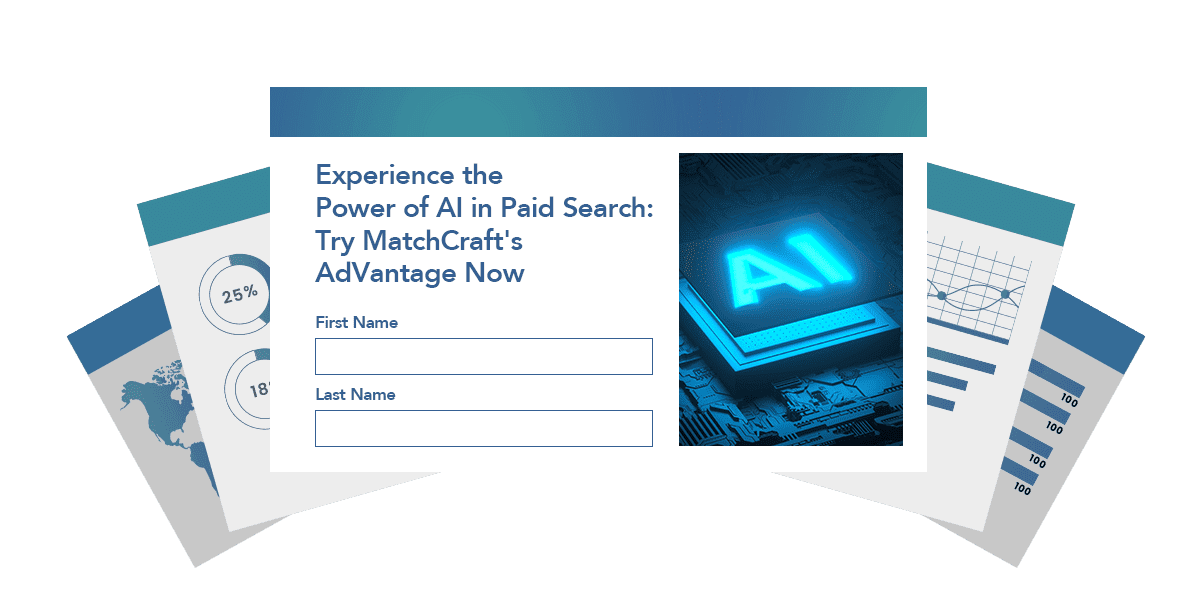Machine learning is a type of artificial intelligence (AI) that allows systems to learn from data and improve their performance without being explicitly programmed. It is a method of data analysis that automates the analytical model building process.
Machine learning is a subset of AI, which is the broader concept of machines being able to carry out tasks that would typically require human intelligence, such as understanding natural language, recognizing objects and images, and making decisions. AI can include machine learning, as well as other technologies such as natural language processing, computer vision, and expert systems.
Today, the use of machine learning and AI in the marketing industry is rapidly growing and evolving. According to a study, marketers’ use of AI rose between 2018 and 2020, jumping from 29% in 2018 to 84% in 2020.
In the field of advertising, machine learning and AI are being used in a variety of ways to improve the effectiveness and efficiency of the advertising process. In a Deloitte study, 83% of early AI adopters have already achieved substantial (30%) or moderate (53%) economic benefits.

Machine learning also plays a significant role in paid search campaigns by allowing for more efficient and effective management and optimization of these campaigns. Some of the ways we are using machine learning in paid search campaigns include:
- Keyword optimization
- Ad copy optimization
- Audience targeting
- Bid management
- Campaign Automation
How does Machine Learning/AI maximize ROI for Advertising Agencies?
The growing demand for personalization in advertising is driven by consumers’ desire for more relevant and useful advertising. The use of machine learning in advertising can help ad agencies stay competitive in today’s market by providing more targeted and effective advertising, and also potentially lead to cost savings and increased revenue.
Increase engagement and conversion rates
With the increasing amount of data available on consumer behavior and preferences, machine learning and AI can be used to create highly targeted and personalized advertising campaigns. AI can identify patterns and make predictions about which consumers are most likely to be interested in a particular product or service. This can lead to increased engagement and conversion rates, as well as a more positive consumer experience.
Prevent Fraud
Another area where machine learning is being used in advertising is in the detection and prevention of ad fraud. Fraudulent activities such as bot traffic, click-spamming, and cookie stuffing can be identified and blocked using machine learning algorithms.
Reduce cost and ineffective advertising
In addition to increasing effectiveness, the use of AI in advertising can also lead to cost savings. 66% of marketing leaders agree automation and machine learning will enable their team to focus more on strategic marketing activities, according to a study by Google and MIT. By automating repetitive and time-consuming tasks, such as data analysis, you can free up time and resources that can be used to focus on more important and strategic tasks. Furthermore, it can help to reduce costs associated with ineffective advertising campaigns.
What to consider when using Machine Learning/AI in Advertising?
There are a number of potential challenges and considerations when implementing machine learning in advertising, such as data privacy and ethical concerns.
Data Privacy
One of the main challenges is data privacy. Ad agencies need to ensure that they are collecting, storing, and using consumer data in a responsible and compliant manner. This includes adhering to data protection regulations, such as the General Data Protection Regulation (GDPR) and the California Consumer Privacy Act (CCPA), as well as obtaining proper consent from consumers for the collection and use of their data.
Biased Data
Another challenge is the issue of bias in machine learning algorithms. Algorithms can inadvertently perpetuate and amplify existing biases in the data used to train them, which can result in unfair or discriminatory outcomes. Ad agencies need to be aware of this risk and work closely with their tech providers to monitor and mitigate it.
Ethical Impact
Another concern is the ethical implications of using machine learning in advertising. Ad agencies need to be mindful of the potential impact of their advertising on society, such as the potential to influence consumer behavior and the potential for the spread of misinformation.
How can Ad Agencies use Machine Learning Effectively?
To navigate these challenges and implement AI in a responsible and effective manner, ad agencies can follow these tips:
- Develop a clear and comprehensive data privacy policy and ensure compliance with all relevant regulations
- Discuss monitoring and testing protocols with their tech providers. Obtain proper consent from consumers for the collection and use of their data via the use of clear cookie policies
- Be transparent about how consumer data is being used
- Continuously educate and train their employees on responsible practices
- Regularly review and evaluate the impact of their advertising on society.
By taking these steps, ad agencies can benefit from AI in a responsible and effective manner, while also addressing key challenges such as data privacy and ethical concerns.

Should you use Machine Learning/AI in your agency?
Yes! AI and machine learning have the potential to revolutionize the advertising industry by providing more targeted and effective advertising, increasing efficiency, and reducing costs. Furthermore, machine learning is being used in advertising in different ways such as targeting and personalization, ad fraud detection, and optimization of return on investment.
However, implementing AI and machine learning in advertising also comes with challenges such as data privacy and ethical concerns. Ad agencies should navigate these challenges by developing a clear data privacy policy, regularly monitoring and testing algorithms for bias, and establishing an ethical framework for using AI in advertising.
One way that ad agencies can implement AI and machine learning in advertising is by using specialized software platforms such as MatchCraft. MatchCraft is a provider of advertising technology that helps ad agencies to optimize their advertising campaigns and increase ROI.
Machine Learning in MatchCraft’s AdVantage Platform
By using MatchCraft or similar platforms, ad agencies can gain access to the latest AI and machine learning technologies without the need for extensive in-house expertise or resources. They can also take advantage of the platform’s built-in data privacy and compliance features, which can help to ensure that they are collecting, storing, and using consumer data in a responsible and compliant manner.

